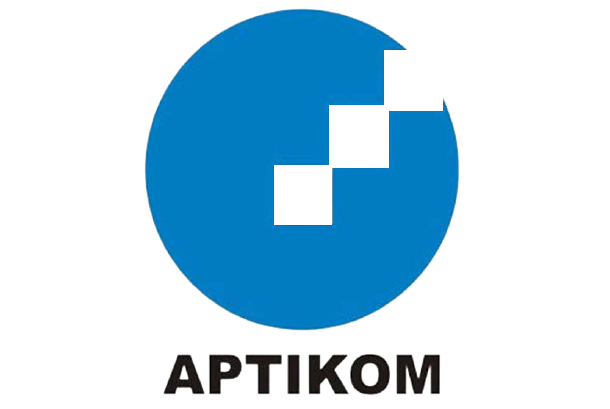Designing a Web-Based Thesis Title Submission System Using the Codeigniter 3 Framework
DOI:
https://doi.org/10.30983/ijokid.v1i1.4960Keywords:
Essay, Codeigniter, Web, R&D, 4DAbstract
Thesis is a scientific work made by every student on the basis of conducting a research to complete a bachelor's degree program (S1) guided by the guidance of a lecturer who has the capability of the field of study/final project. There are still many students who are confused during the title submission process. There is no information system provided for the submission of Thesis Title, and There is no information system provided by the Information Technology and Computer Education Study Program to submit the thesis title to the Study Program. The type of research used is Research and Development (Research and Development). In this study, researchers used a system model taken from the life cycle, namely the System Development Life Cycle (SDLC). SDLC is one of the traditional ways to maintain, build and replace an information system. From the product test that the author did, the results obtained were the Validity test was obtained with a number of 0.87 with valid criteria, the Practicality test by the supervisor was obtained a value of 0.91 with very practical criteria and the effectiveness test by students of the Informatics and Computer Engineering Education Study Program obtained a score of 0.89 with criteria Very effective. This study aims to produce a Title Submission system Web-Based Thesis which is validated and describes its validity, practicality and effectiveness.
References
Ninla Elmawati Falabiba et al., “Pengertian Skripsi,†Pap. Knowl. . Towar. a Media Hist. Doc., vol. 5, no. 2, pp. 40–51, 2014.
Aditya Tjipta Kusuma, “Phenomenological Qualitative Study On Psychology Colleger Of Diponegoro University Semarang,†vol. 1, no. 1, pp. 1–27, 2015.
A. N. Khomarudin and L. Efriyanti, “Pengembangan Media Pembelajaran Mobile Learning Berbasis Android Pada Mata Kuliah Kecerdasan Buatan,†J. Educ. J. Educ. Stud., vol. 3, no. 1, pp. 72–87, 2018, doi: 10.30983/educative.v3i1.543.
R. R. Fadila, W. Aprison, and H. A. Musril, “Perancangan Perizinan Santri Menggunakan Bahasa Pemograman PHP / MySQL Di SMP Nurul Ikhlas,†vol. 11, no. 2, pp. 94–105, 2019.
L. R. Aiken, “Content Validity and Reliability Of Single Items or Questionnaires,†Educ. Psychol. Meas., vol. 40, no. 4, pp. 955–959, 1980, doi: 10.1177/001316448004000419.
R. Sagita, F. Azra, and M. Azhar, “Pengembangan Modul Konsep Mol Berbasis Inkuiri Terstruktur Dengan Penekanan Pada Interkoneksi Tiga Level Representasi Kimia Untuk Kelas X SMA,†J. Eksakta Pendidik., vol. 1, no. 2, pp. 25–32, 2017, doi: 10.24036/jep.v1i2.48.
R. R. Hake, “Analyzing Change/Gain Scores,†Educ. Psychol. Meas., pp. 1–4, 1985.
Downloads
Published
How to Cite
Issue
Section
Citation Check
License
Authors who publish with this journal agree to the following terms:
- Authors retain copyright and grant the journal right of first publication with the work simultaneously licensed under a Creative Commons Attribution License that allows others to share the work with an acknowledgment of the work's authorship and initial publication in this journal.
- Authors are able to enter into separate, additional contractual arrangements for the non-exclusive distribution of the journal's published version of the work (e.g., post it to an institutional repository or publish it in a book), with an acknowledgment of its initial publication in this journal.
- Authors are permitted and encouraged to post their work online (e.g., in institutional repositories or on their website) prior to and during the submission process, as it can lead to productive exchanges, as well as earlier and greater citation of published work (See The Effect of Open Access).




